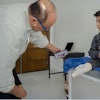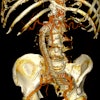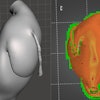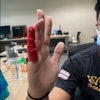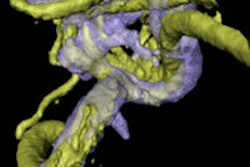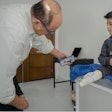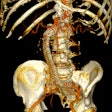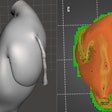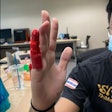Dear AuntMinnieEurope Member,
The recall rate is a vital indicator for any breast screening program, and to minimize the number of false-positive recalls, it must be carefully monitored.
No doubt mindful of this fact, researchers from Denmark and the U.S. made a direct comparison of recall rates in the two countries. Their novel approach has thrown up some fascinating results. To read more, go to our Women's Imaging Community, or click here.
Vienna is known for its harmony and stability, but all is not well in the Austrian capital, it seems. After months of failed negotiations over pay and working conditions, doctors at the nation's largest hospital are voting this week on whether to launch a strike, and we've interviewed a key figure in the dispute. Get the full details here, and look out for our follow-up article about the ballot result.
An important multicenter study from the U.K. has found that the use of computer-aided detection (CAD) significantly alters the search and identification of polyps among CT colonography readers. To learn how, visit our Advanced Visualization Community, or click here.
Meanwhile, new research about PET/CT continues to emerge. Norwegian investigators have found that combining a standard PET/CT scan with respiratory gating can significantly improve the diagnosis of small colorectal liver metastases, but patient cooperation is a must for a successful exam. Find out more in the Molecular Imaging Community, or click here.
Also, don't miss this week's case report from Dr. Fatih Seker in Heidelberg, Germany, about a 22-year-old man referred for elective head/neck CT and MRI. The patient had dysphagia, right-sided palatal swelling, and a little bleeding in the oral cavity for the past few days. What's your diagnosis? Test yourself here.
